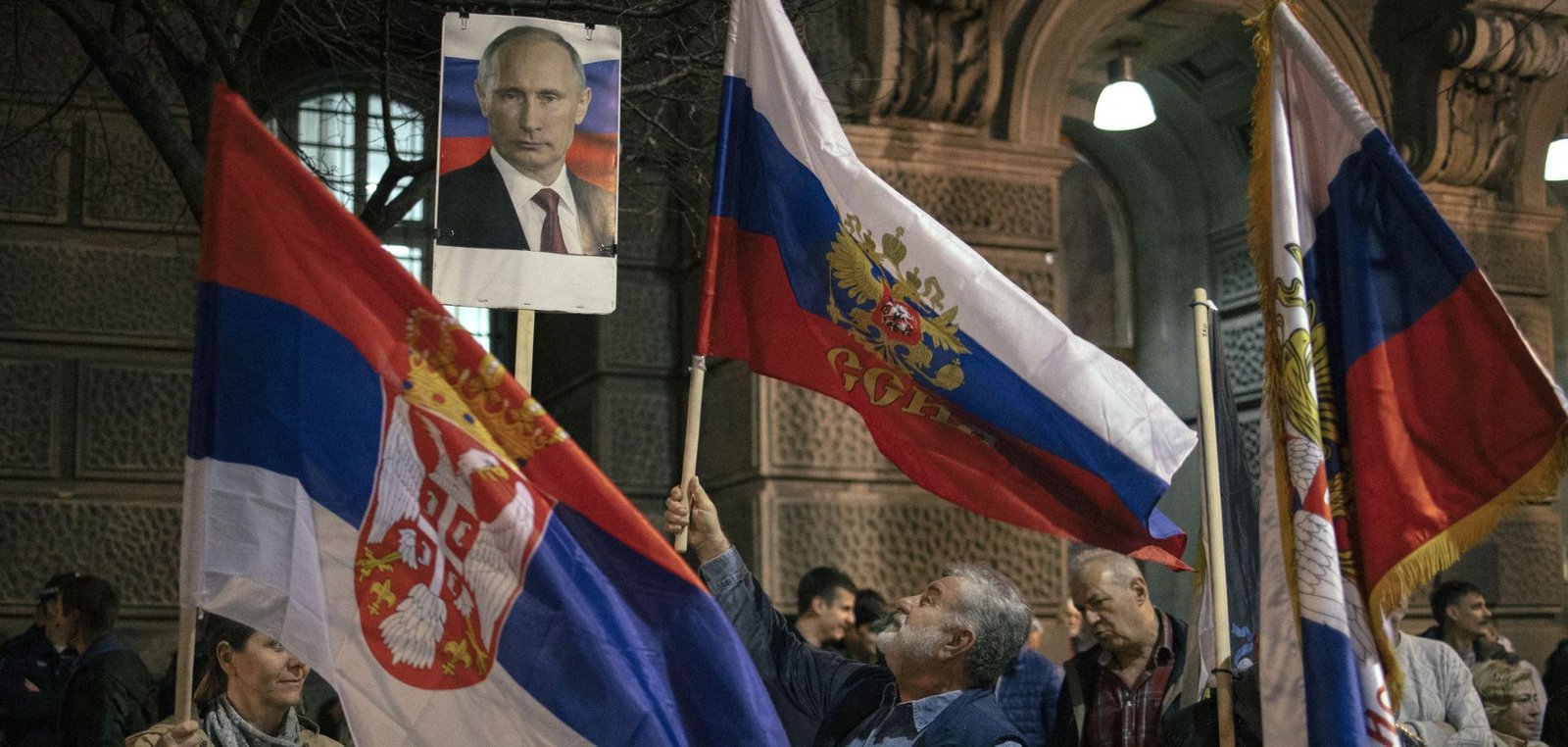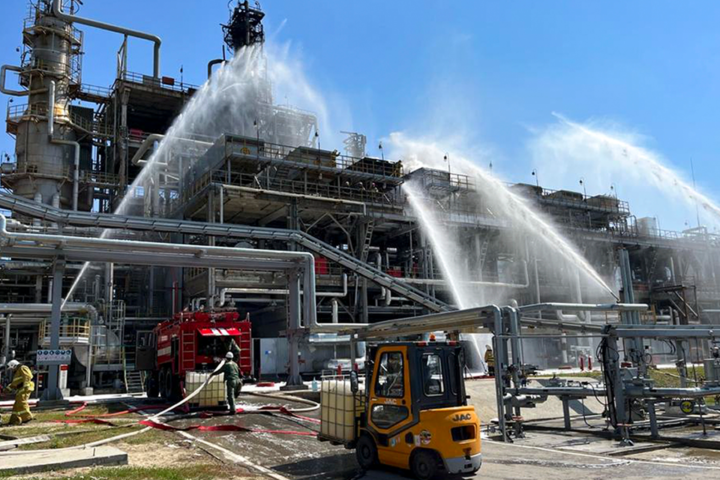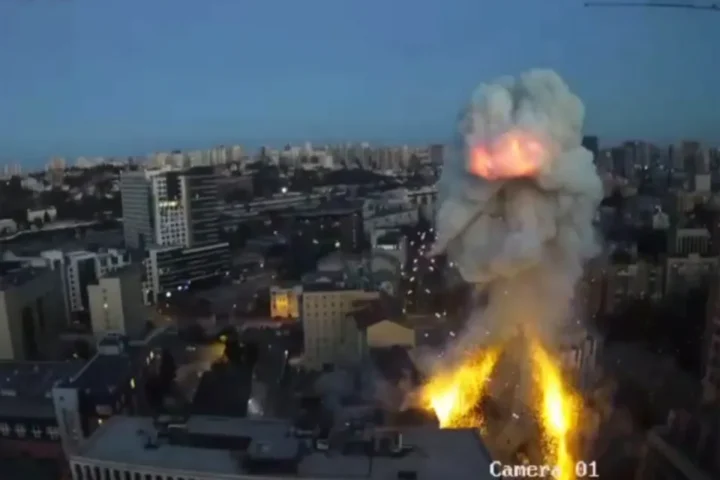On August 27, 2025, Zoran Dimitrovski, Deputy Minister of Foreign Affairs and Foreign Trade of North Macedonia, warned that Russia could provoke a new crisis in the Balkans by leveraging unresolved disputes and proxy forces despite NATO’s presence in the region. In an interview, Dimitrovski emphasized that Moscow opposes Balkan countries joining the European Union and might seek to inflame ethnic tensions in hotspots such as Kosovo and the Republika Srpska. He stressed that the region remains a “powder keg” due to lingering disputes and fragile peace, vulnerable to outside interference from Russia through destabilizing actions.
Moscow’s strategy of destabilization
According to Dimitrovski, Russia views instability in the Balkans as a long-term tool to divert Western attention and weaken transatlantic unity. By fueling recurring crises, Moscow forces the EU and NATO to spend significant diplomatic, financial, and political resources on regional conflicts it helps ignite, thereby reducing their ability to respond to Russian aggression elsewhere, particularly in Ukraine.
Tools of influence and pressure
Russia relies on a broad toolkit to expand its influence across the Balkans. These include pro-Russian and anti-Western political actors, the Serbian Orthodox Church, Russian state media such as RT and Sputnik Srbija, and organizations like the Russian-Serbian Humanitarian Center in Niš, which serves as a hub for both influence and intelligence operations. Economic leverage, notably through Gazprom and its partnerships with entities like Srbijagas, allows Moscow to fund pro-Kremlin politicians and reinforce corruption, undermining institutional resilience in Balkan states.
Role of separatist leaders and hybrid warfare
Moscow has also exploited figures such as Milorad Dodik, the ousted president of Republika Srpska, whose separatist agenda aligns with Kremlin interests in maintaining Bosnia and Herzegovina as a “grey zone” in Europe. Russia supports such destabilizing moves while conducting hybrid warfare through disinformation campaigns, particularly via Sputnik Srbija and pro-Russian Telegram channels. These efforts aim to erode public trust, weaken state institutions, and create fertile ground for further instability.
Historic operations and unresolved disputes
The Balkans have long been a platform for Russian covert operations. The most notable case was the attempted coup in Montenegro in 2016, when Russian operatives and their Serbian allies planned to assassinate then-Prime Minister Milo Đukanović and seize parliament to block NATO accession. Today, unresolved disputes—especially between Serbia and Kosovo—continue to offer Moscow opportunities to present itself as a defender of Serbian interests, boosting its popularity among Serbs while justifying its broader confrontational foreign policy.










